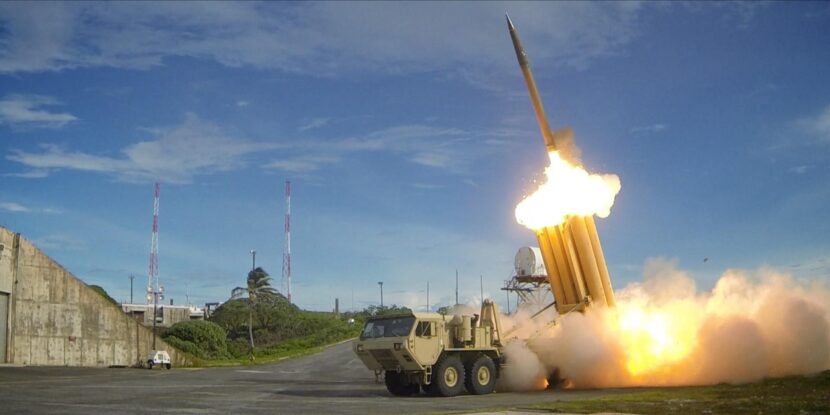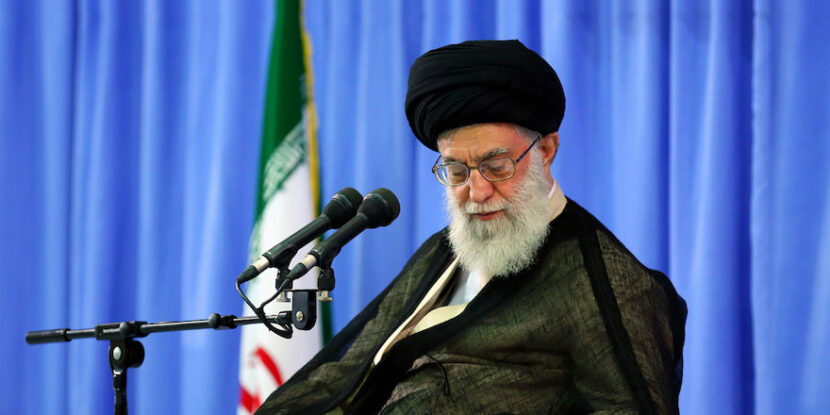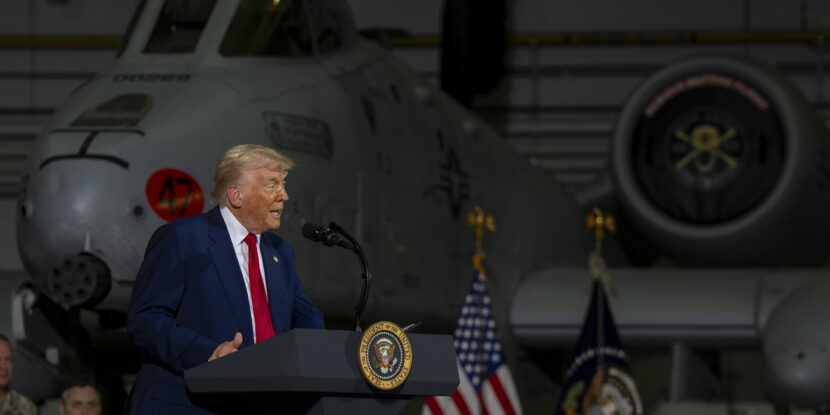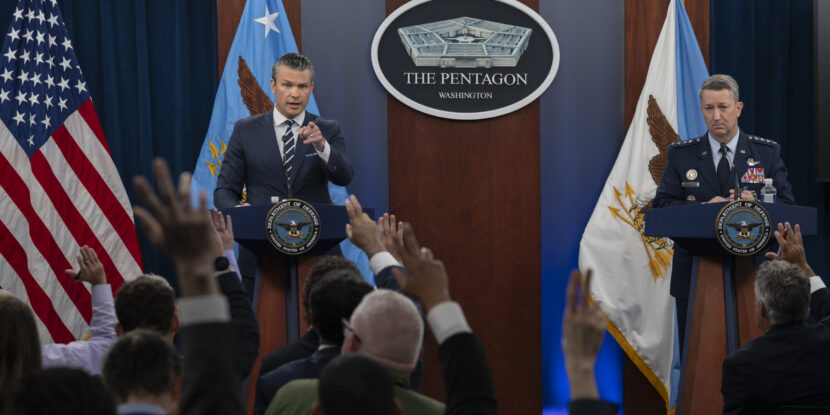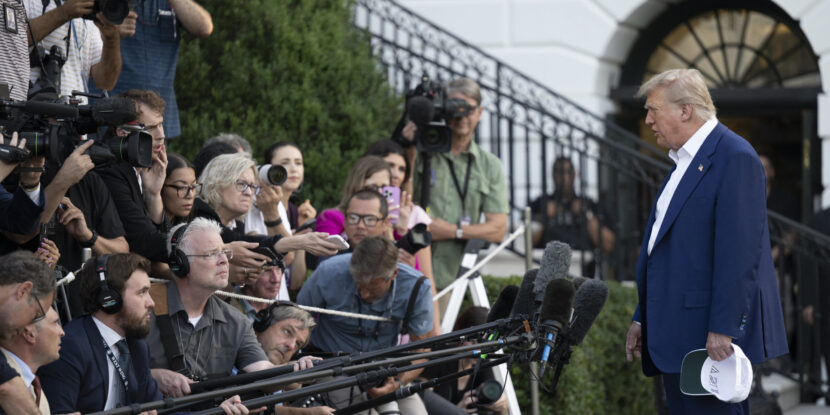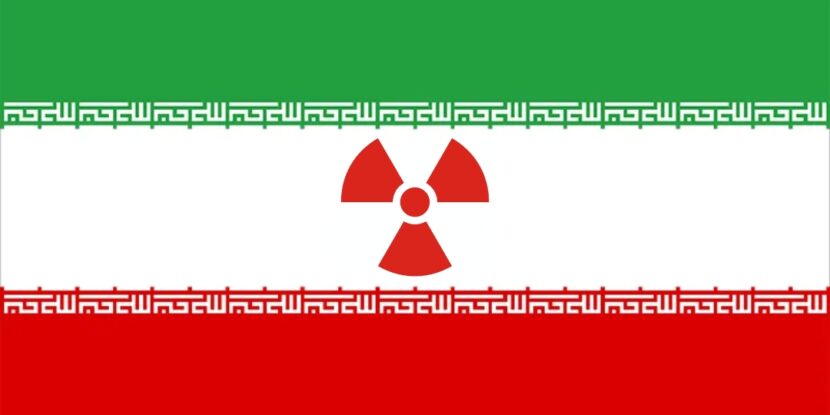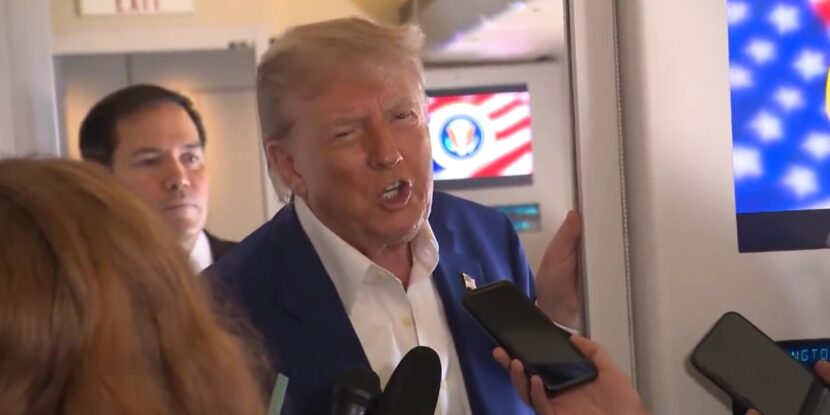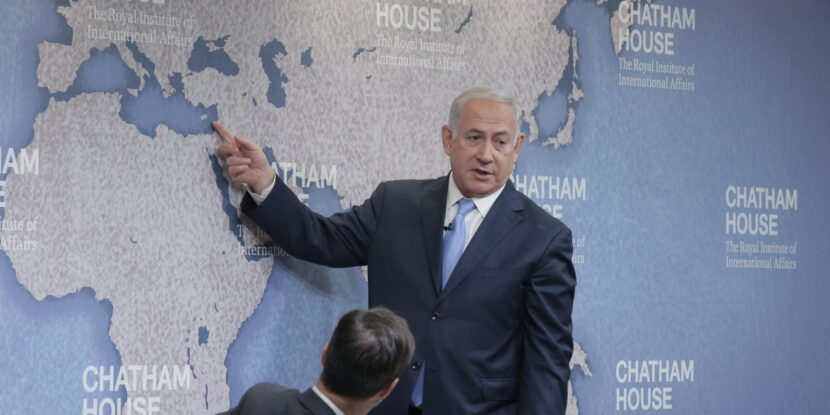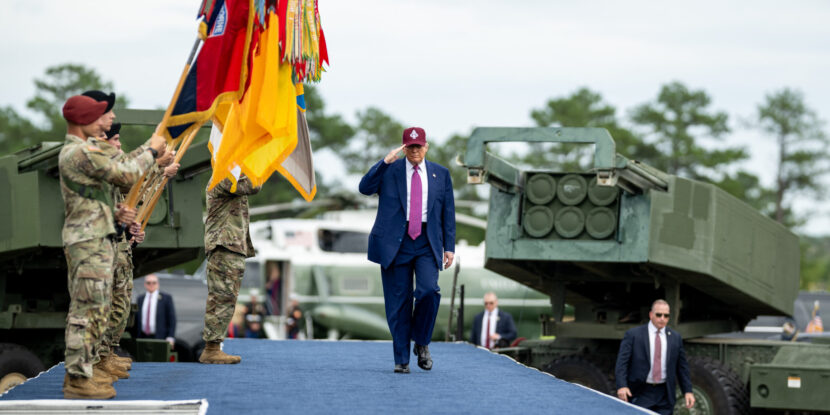❓WHAT HAPPENED: The U.S. deployed a significant portion of its advanced THAAD anti-missile system to Israel during its 12-day conflict with Iran, which included strikes on nuclear facilities and retaliatory Iranian missile strikes.
👤WHO WAS INVOLVED: The United States, Israel, Iran, and Iranian proxy groups such as Yemen’s Houthis.
📍WHEN & WHERE: The conflict occurred in June 2025, primarily in Israel and Iran.
💬KEY QUOTE: “Neither the U.S. nor the Israelis can continue to sit and intercept missiles all day… we cannot afford to sit and play catch.” – Tom Karako, Center for Strategic and International Studies (CSIS).
🎯IMPACT: The U.S. used an estimated 15-20 percent of its global THAAD stockpile, costing over $800 million, and raising concerns about future readiness and supply chain challenges.
During the 12-day conflict between Israel and Iran, the U.S. deployed a significant portion of its Terminal High-Altitude Area Defense (THAAD) anti-missile system to bolster Israel’s defenses. The conflict included strikes on Iranian nuclear facilities and retaliatory Iranian missile launches targeting Israeli cities.
The THAAD system, developed by Lockheed Martin, is critical for intercepting short- to intermediate-range ballistic missiles. Unlike the Patriot system, it covers a larger area and comprises a launcher, interceptor, radar, and fire control unit. However, during the conflict, the THAAD system failed to intercept Houthi missiles on at least two occasions, with one missile striking near Tel Aviv‘s Ben Gurion International Airport.
Reports indicate that the U.S. used 15-20 percent of its global THAAD missile stockpile during the conflict, incurring costs exceeding $800 million. A single THAAD interceptor costs between $12 and $15 million. The deployment has raised concerns about the readiness of U.S. missile defense systems for future conflicts.
Tom Karako, director of the Missile Defense Project at the Center for Strategic and International Studies (CSIS), commented on the situation, saying, “Neither the U.S. nor the Israelis can continue to sit and intercept missiles all day. The Israelis and their friends need to move with all deliberate haste to do whatever needs to be done, because we cannot afford to sit and play catch.”
As a result of the conflict, the U.S. will need to urgently restock its THAAD interceptors. This is not only vital for Israel but also for other regions where such systems may be required, including the Middle East, the Pacific, and Europe.
During the conflict, a similar report claimed that Israel had also begun to run low on ballistic missile interceptors. The report came shortly before both Israel and Iran agreed to a ceasefire.
Join Pulse+ to comment below, and receive exclusive e-mail analyses.
